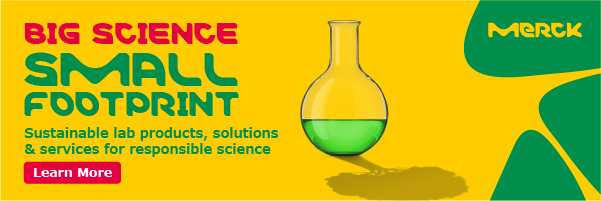Unilever has made a bold step by sharing information about their plam oil supply chain, with the intention of making a real step change towards greater transparency in the industry.
“We strongly believe that being open and transparent is key to achieving a fully traceable supply chain,” says a company statement on the issue. “[This is] a goal we set ourselves back in 2013 when we first launched our Sustainable Palm Oil Sourcing Policy and which we have been pursuing ever since.”
According to Unilever, not only does this transparency give the company better visibility of where itspalm oil comes from, it also enables them to more proactively identify issues, and address them quickly and effectively. And, as a result of this data being available, it is much easier for others to bring demonstrable challenges and insights to Unilever’s attention, enabling them investigate and work to remedy the issues alongside suppliers, NGO partners, governments and other stakeholders.
“A lot of people think if you outsource your value chain you can outsource your responsibilities. I don’t think so.” said CEO Paul Polman at a panel at this year’s World Economic Forum in Davos. “We need to be at the forefront of change. This is why Unilever is committed to greater transparency and continue to work with our partners to drive positive change in the palm oil industry.”
As Unilever’s Chief Supply Chain Officer, Marc Engel, explains: “We have been long committed to lead the drive towards transparency and the best way to demonstrate this is by opening up our own supply chain. Due to traditional commercial sensitivities and the complexity of the palm oil supply chain, it has required perseverance to get to where we are now. We are very proud to be the first consumer goods company to take this step. Unilever believes that complete transparency is needed for radical transformation. We want this step to be the start of a new industry-wide movement.”



